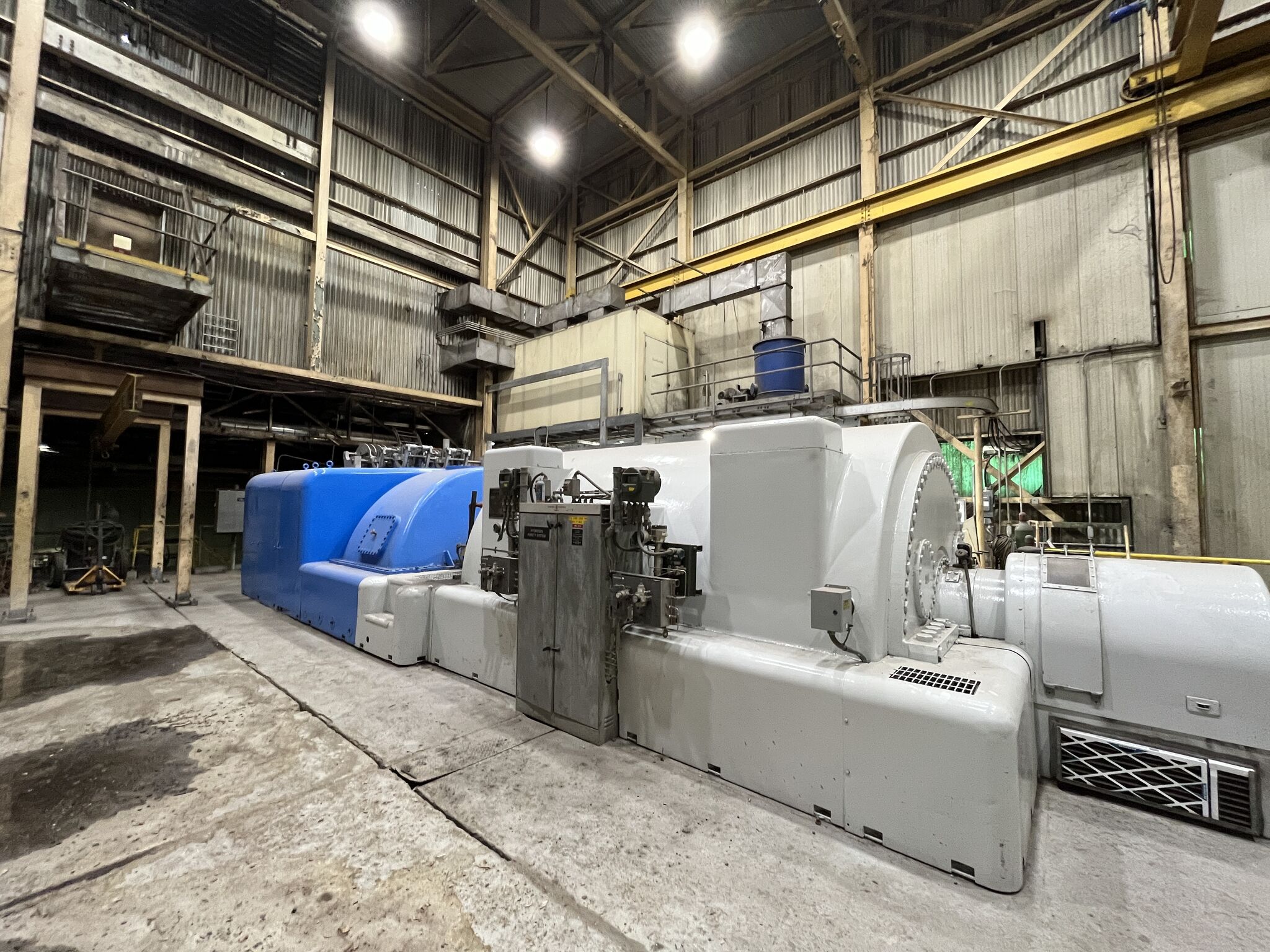How do you choose between REF (Restricted Earth Fault) and 87N (Ground Differential) elements?
These two elements, REF (Restricted Earth Fault) and 87N (Ground Differential) are often used to provide ground fault protection for large generators. Here are a few thoughts.

Restricted Earth Fault (REF):
REF operates by measuring the current at the neutral grounding resistor and then comparing its direction to the current on the generator terminal CTs, polarizing the current. If the ground fault current is pointed away from the generator, it’s an external ground fault, and you don’t trip. If the current is pointing towards the generator, you would typically trip instantly or maybe with a brief time delay.
Ground Differential – 87N:
The 87N element compares the difference between the measured neutral current using a CT at the NGR and the residual current at the generator terminals. With modern relays, the residual is calculated inside the protection relay. If the ground fault current flowing out of the NGR equals the current flowing from the generator terminals, then it’s an external ground fault, and no tripping occurs. If the current doesn’t cancel out, the fault is inside the generator zone, and you trip.
Choosing the Right Element:
The element you choose should align with your system’s fault detection and protection requirements. Therefore, it is very situation-dependent. Here are a couple of things you need to consider when selecting the best element to use for your use case:
- CT ratios
- Short Circuit Currents
- CT Saturation
- Neutral Ground Resistor (NGR) Sizing
- System ground fault current
It is important to note that neither of these elements is suitable for high-impedance grounded generators, such as with a 5A resistor of the neutral. They are more suited to low-resistance grounded generators, such as with a 400A resistor.
Conclusion:
Both REF and 87N elements can be essential for generator ground fault protection, but both REF and 87N elements have their respective strengths and limitations. Sometimes, both elements might equally be able to detect ground faults reliably, but other times, it might be beneficial to use one element over the other. So, it’s not so much that one is always better than the other; they’re just different. The choice between them depends on your system's nuances and your priorities for reliable fault detection.
